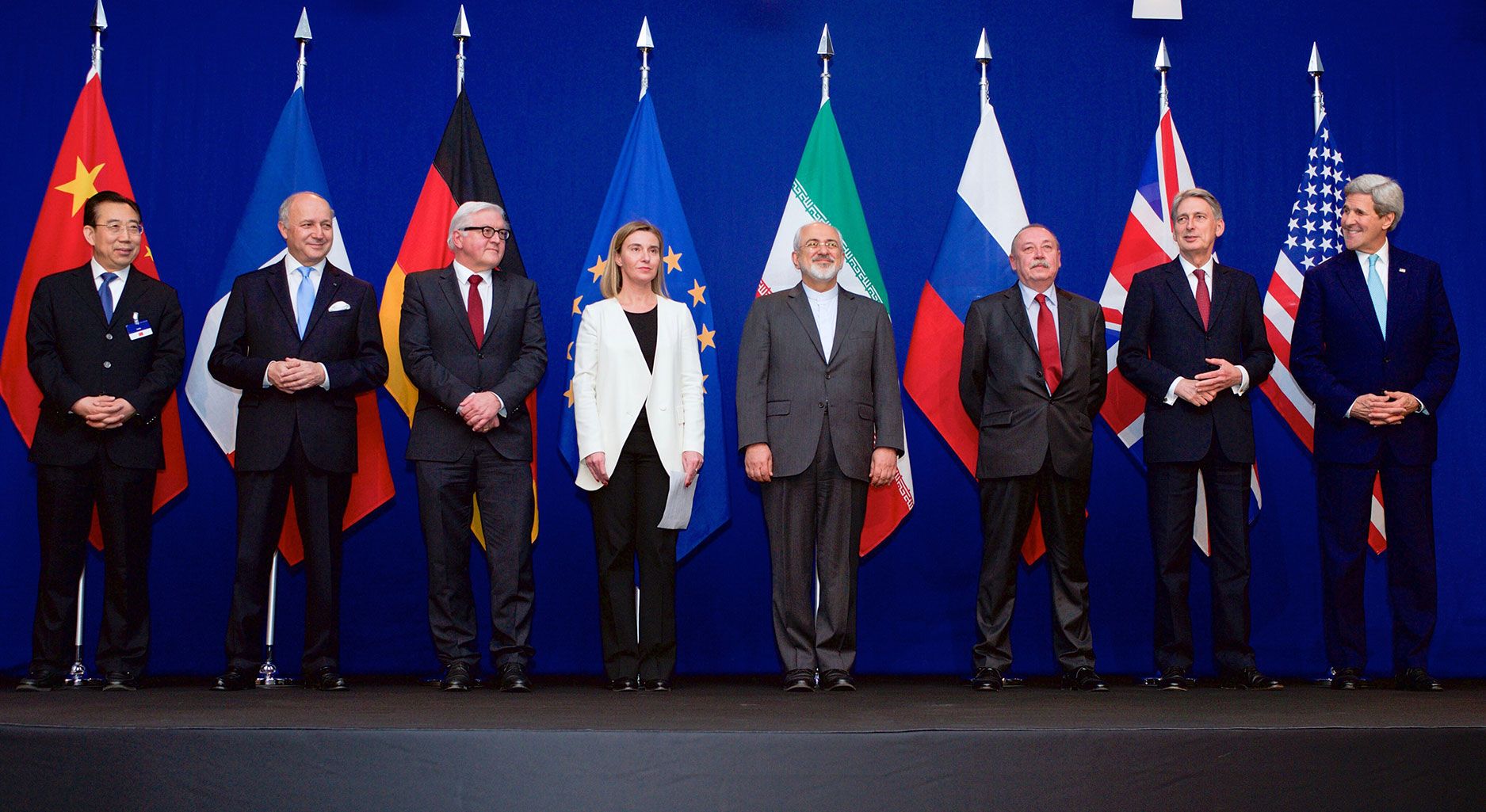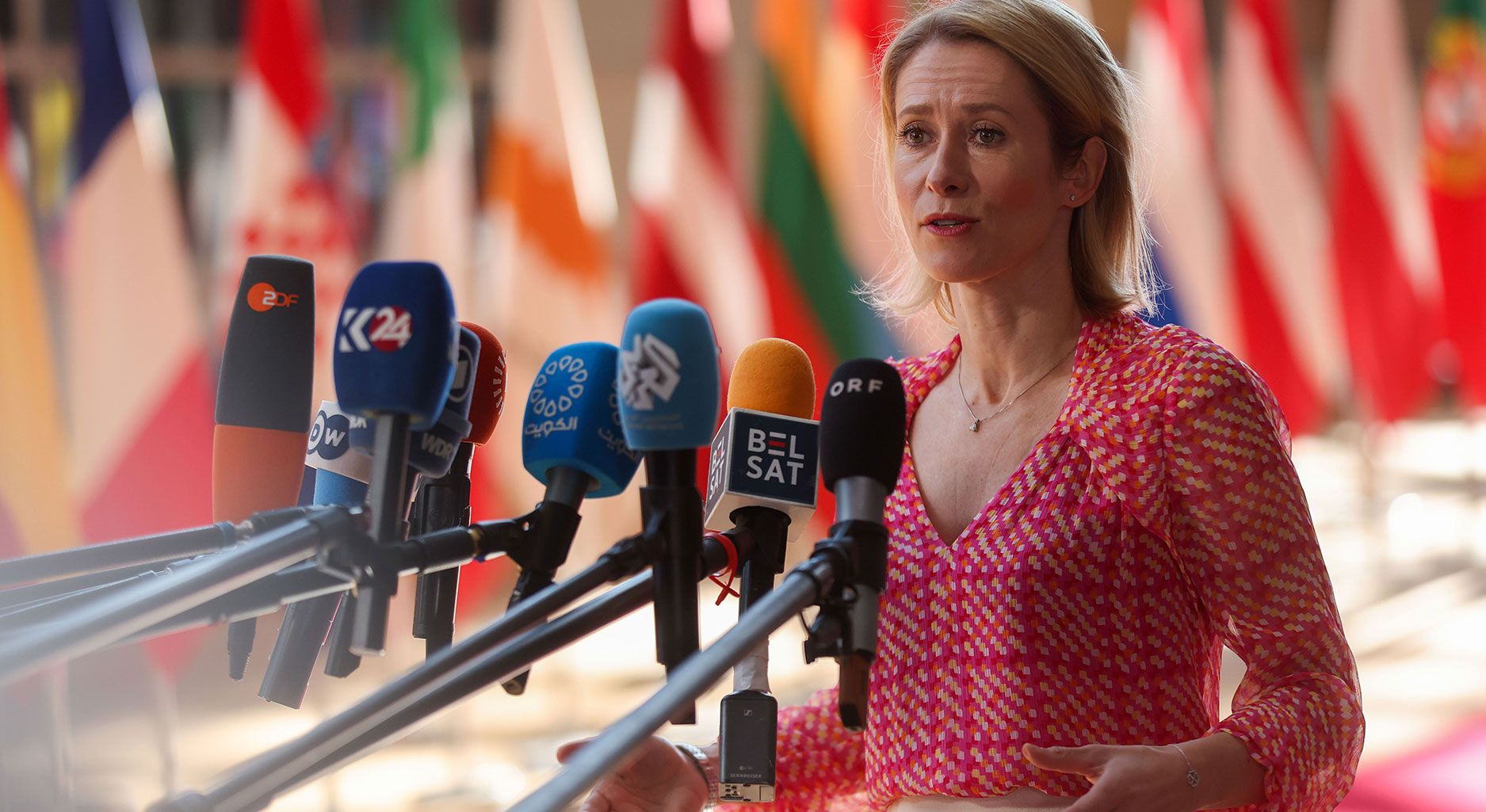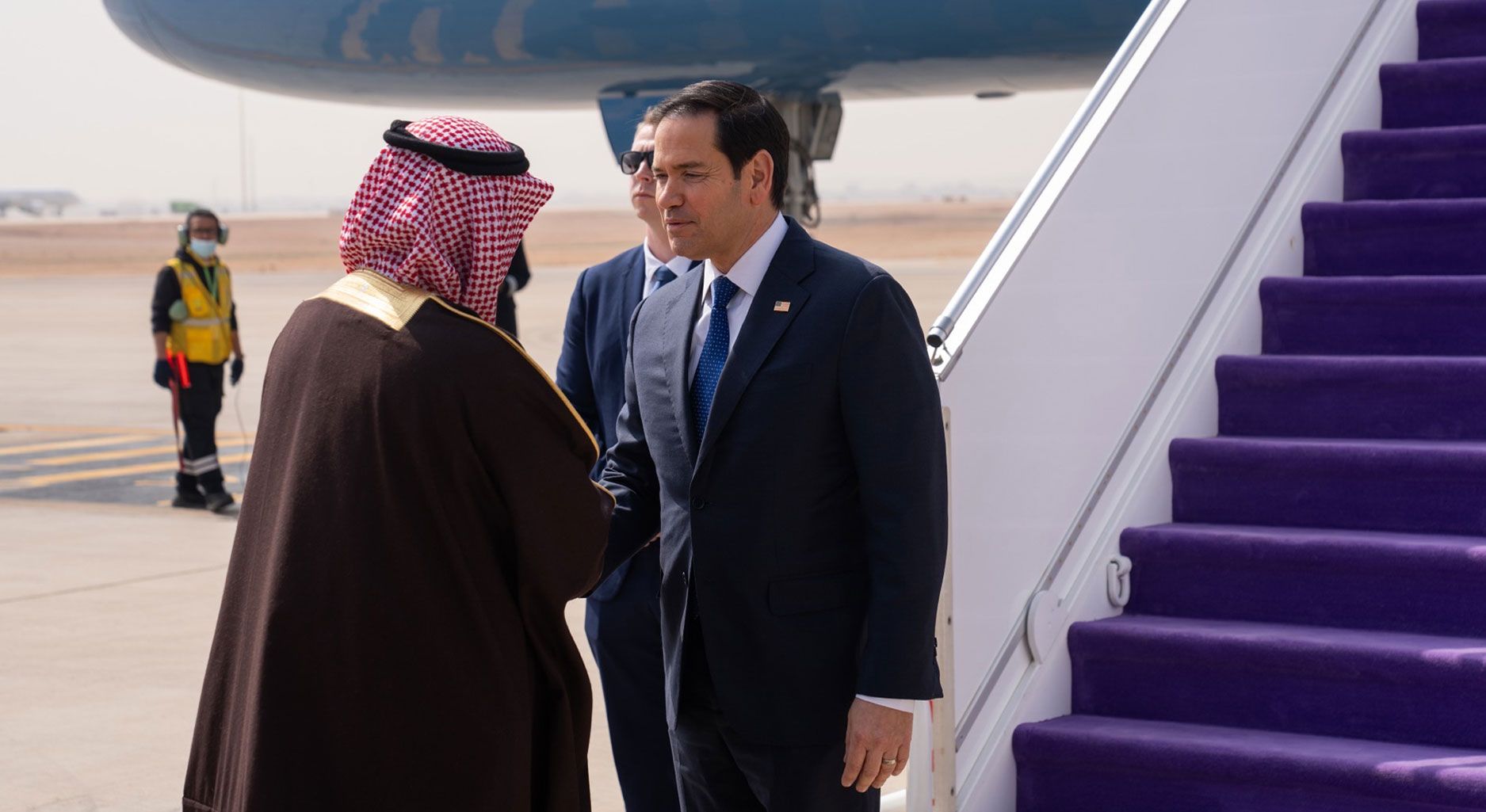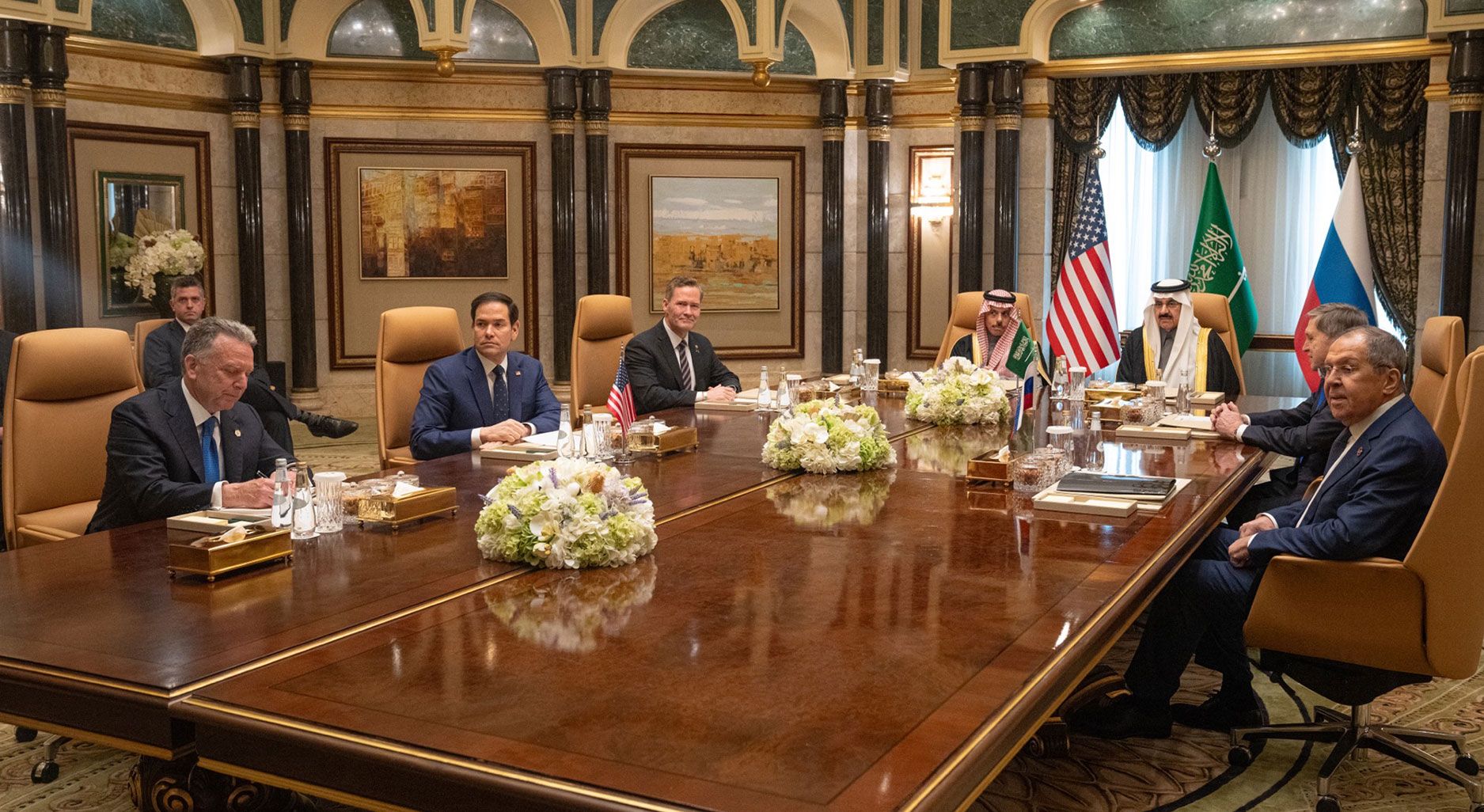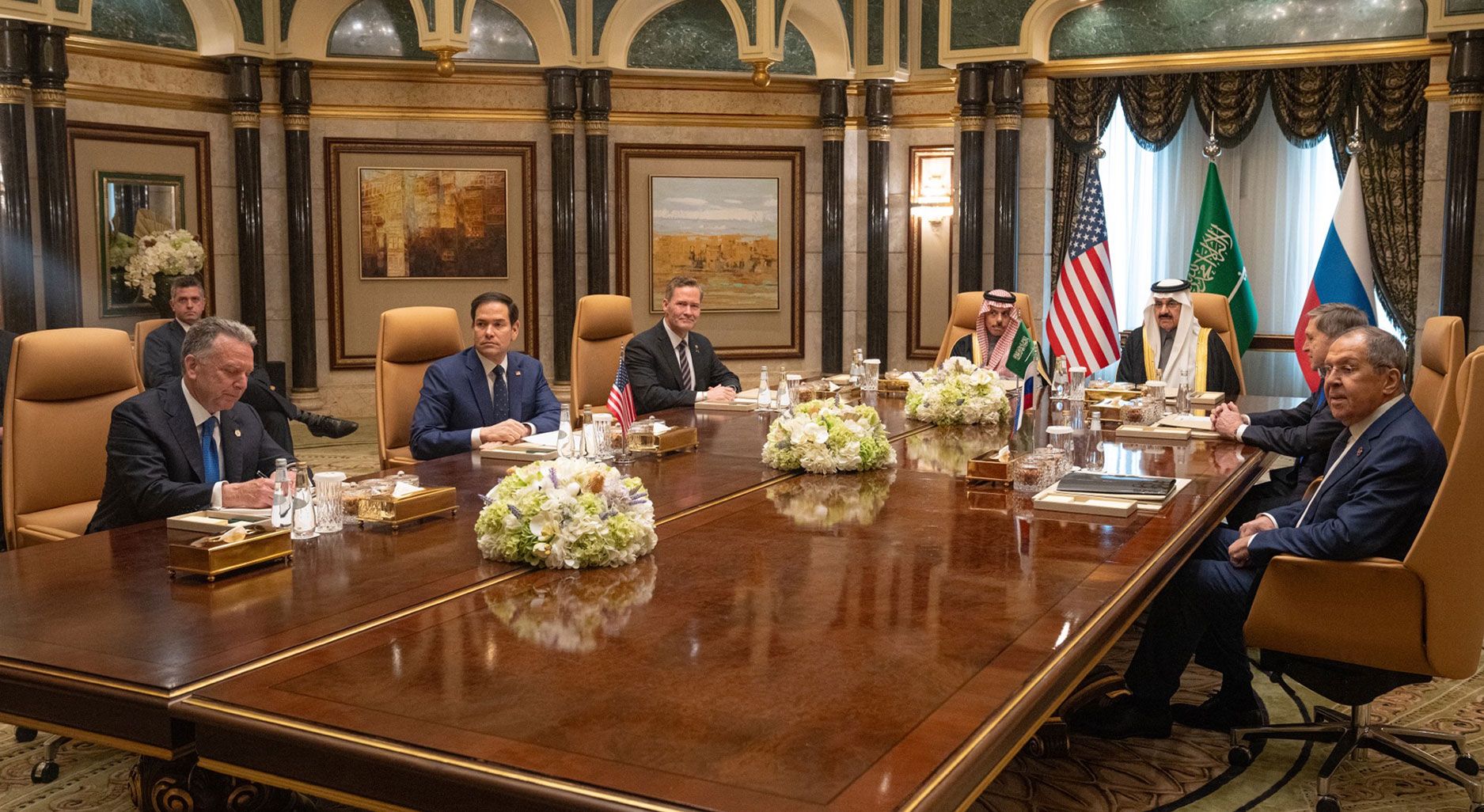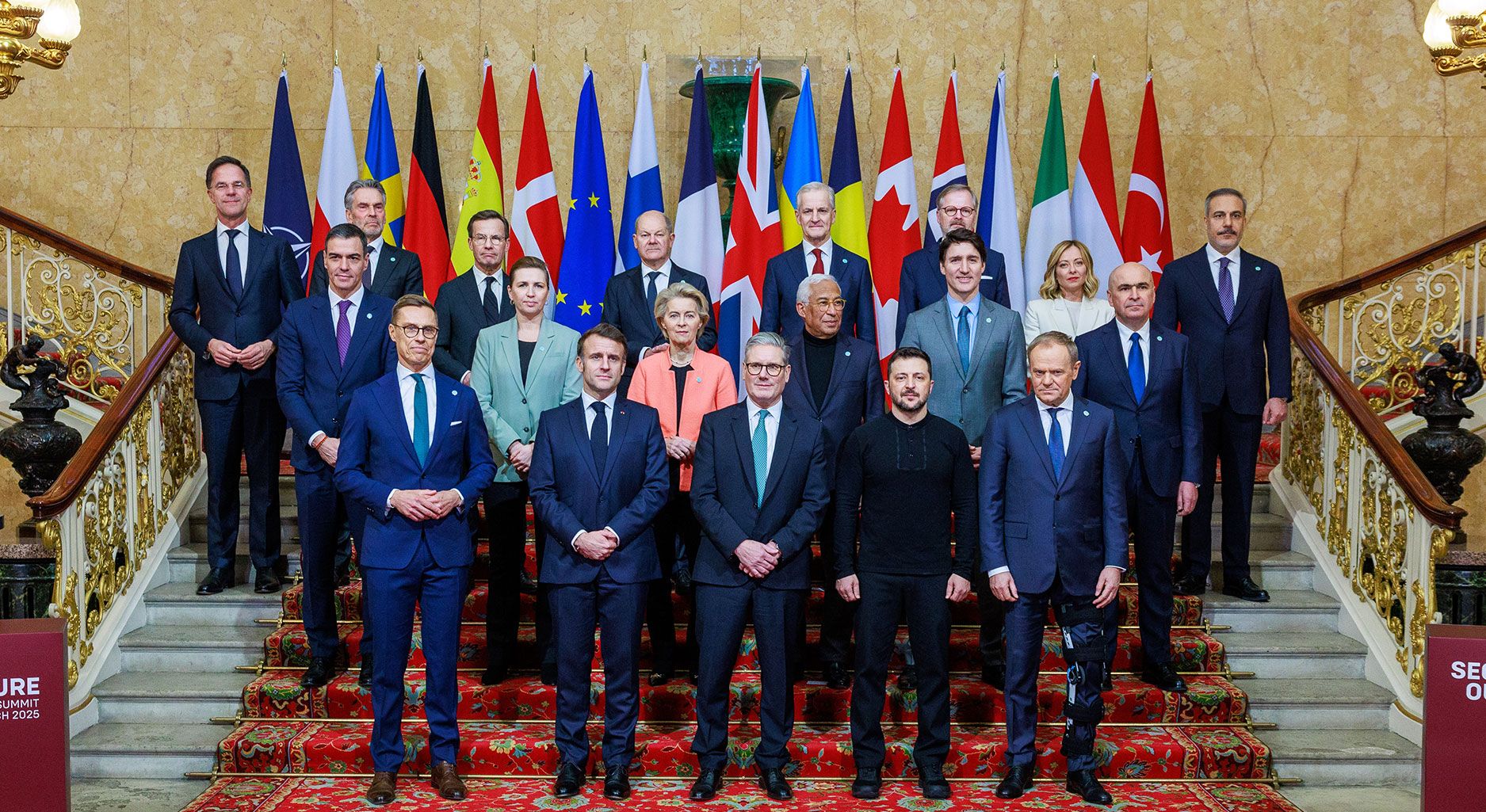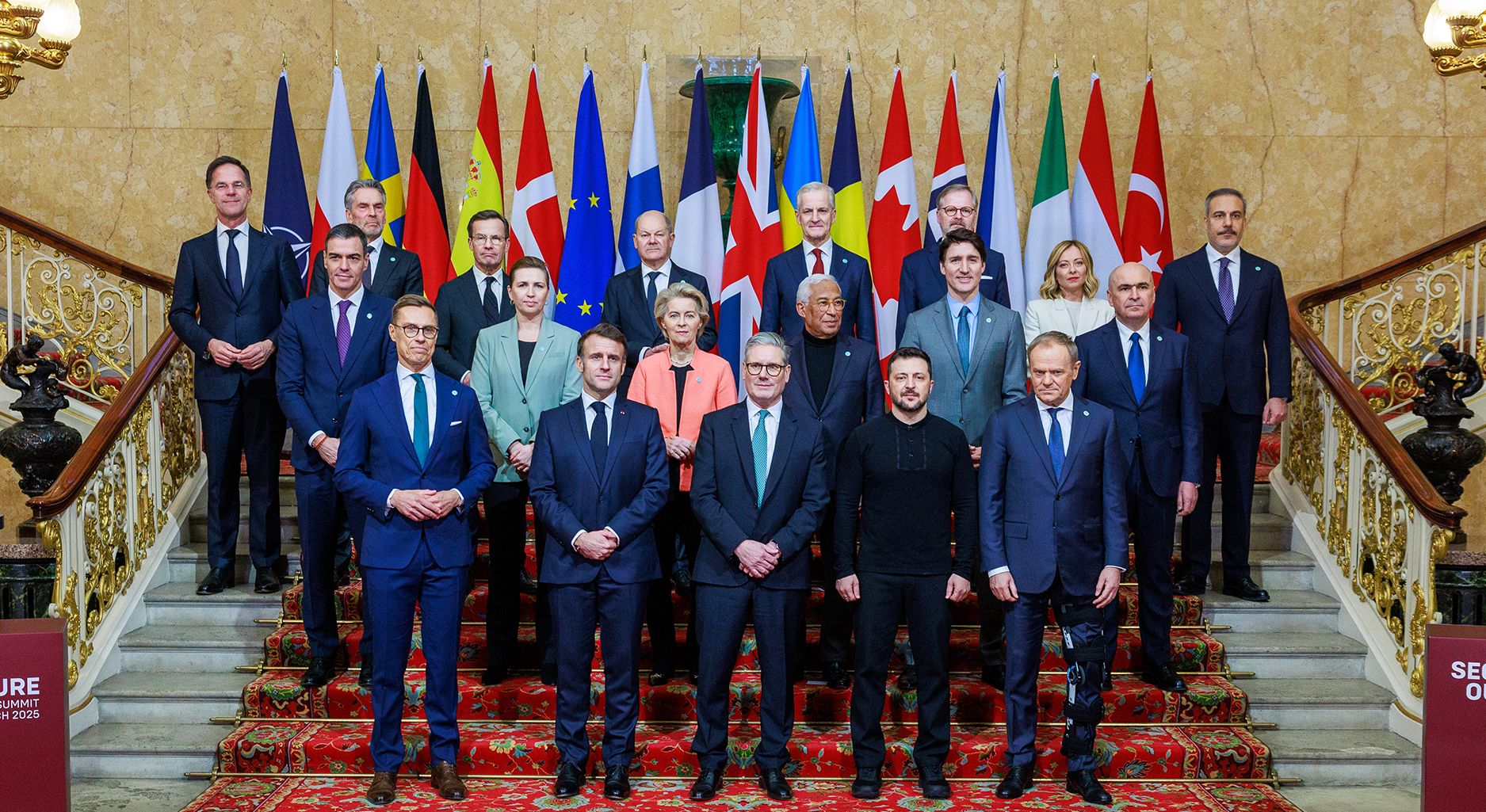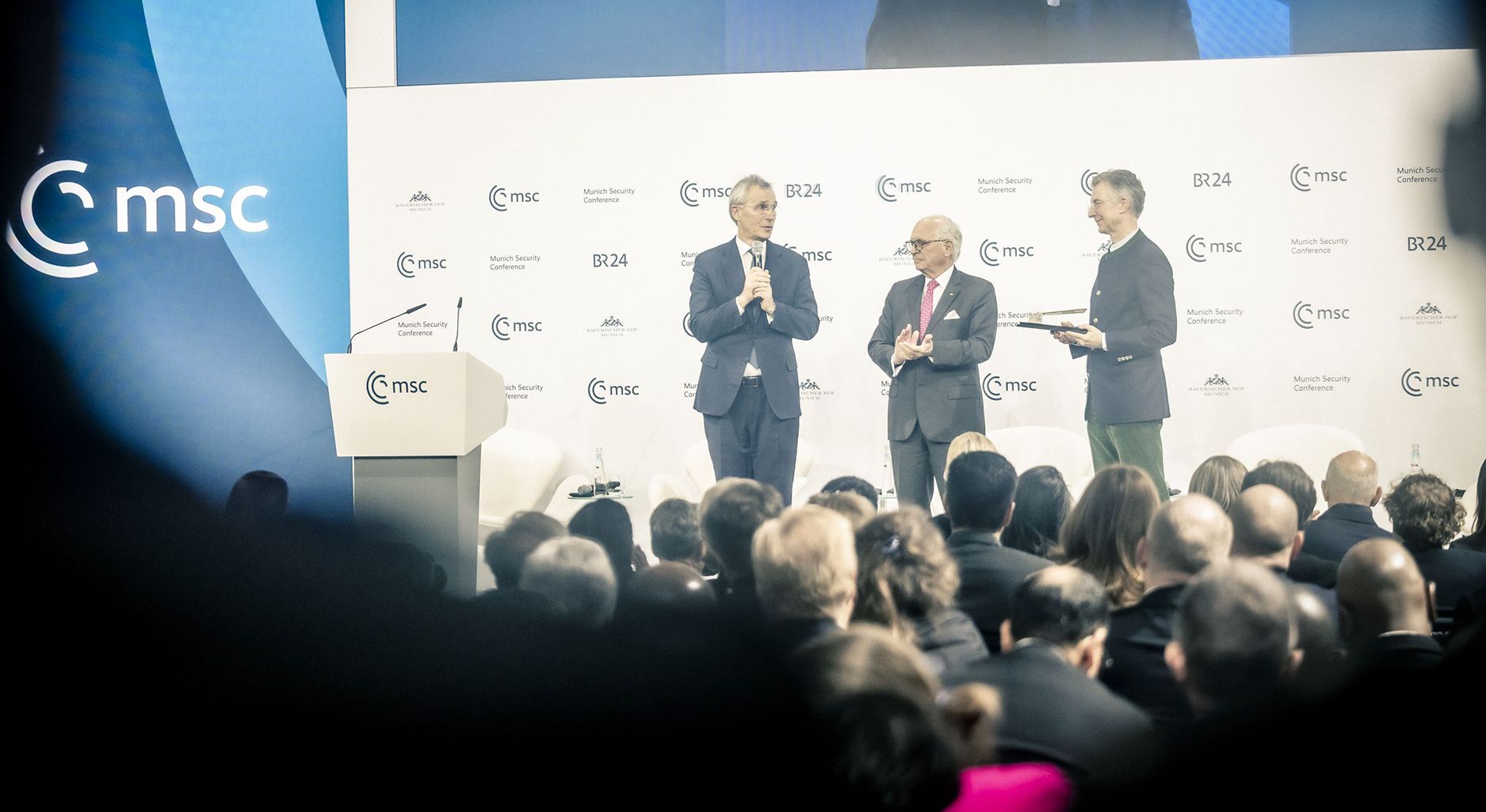Schlagwort: USA
The recent U.S. and Israeli attacks on Iran come with major risks, including strengthening the incentives for Iran to build nuclear weapons. The only viable path forward is to negotiate a settlement where Iran keeps its nuclear program but cannot weaponize it. European leaders must push, both publicly and through diplomatic backchannels, to achieve such a deal. The alternative is more war and the prospect of a nuclear Iran.
Lifting Sanctions, Holding the Line: Shaping EU Credibility in Post-Assad Syria
The world’s major sanctioning countries recently showed political willingness to take a leap of faith towards Syria. On May 20, 2025, the European Union (EU) announced to lift its economic sanctions on Syria. Despite the country’s need for economic recovery, sectoral violence and human rights violations continue, while the post-Assad power vacuum is at risk of being exploited by groups battling for influence. To signal credibility in this uncertain situation, the EU approach towards Syria requires reliable commitments and a nuanced dual-track approach involving both the lifting of economic sanctions and possibly new listings under the EU’s horizontal sanction regimes.
Russlands heikles Spiel mit der Zeit
Putin will den Konflikt mit der Ukraine nicht ernsthaft lösen. Aber er hält die Friedensverhandlungen am Laufen, weil sie ihm drei wichtige Vorteile bringen, meint Mikhail Polianskii.
Es stehen nicht nur Exporte auf dem Spiel: der US-chinesische Handelskrieg und seine friedenspolitischen Konsequenzen
Am 3. April führte die Trump-Regierung im Rahmen ihres „Befreiungstags“ hohe neue Importzölle ein, die sich vor allem gegen Handelspartner mit hohen bilateralen Überschüssen richten – allen voran China. Die Reaktion aus Peking erfolgte prompt mit der reziproken Verhängung von Gegenzöllen. Seither sind beide Staaten in einem eskalierenden Handelskrieg gefangen, der letztlich jeden Güteraustausch zum Erliegen bringen könnte. Das ist kein rein wirtschaftliches, sondern auch ein friedenspolitisches Problem: In rascher Folge fallen Konflikthemmnisse weg, die die geopolitische Rivalität beider Seiten bislang begrenzten.
A Sober Perspective for the Negotiating Table: Europe Must Contribute Diplomatically to Ending the War in Ukraine and Shape the Withdrawal of the US
Despite the deadlocked military situation for Ukraine and the policy shift in the US, Germany and Europe still lack a negotiating strategy for a diplomatic solution. But only military support for Ukraine and sanctions against Russia are not going to end the war on the most favorable terms for Kyiv. As difficult as it may be, positive offers equally needed. Europe’s confrontation with President Trump’s diplomatic efforts will also not help to achieve more European sovereignty. Rather, we will have to negotiate with him and President Putin about the future of Ukraine and our own security architecture. Instead of panicking and investing solely in the military, European governments should therefore pull themselves together and, above all, seize the diplomatic opportunity to secure their fate.
Mit nüchternem Blick zum Verhandlungstisch: Europa muss die Beendigung des Ukrainekrieges und den Rückzug der USA diplomatisch mitgestalten
Trotz der längst verfahrenen militärischen Lage für die Ukraine und bekannten Kurswechsels in den USA hielten Deutschland und Europa an der unrealistischen Strategie fest, nur mit militärischer Unterstützung und Sanktionen eine Verhaltensänderung Moskaus zu erreichen. Damit allein lässt sich der Krieg nicht zu möglichst günstigen Bedingungen für Kyjiw beenden. Die europäische Passivität gegenüber dem diplomatischen Ansatz von Präsident Trump wird auch nicht helfen, mehr europäische Souveränität zu erlangen. Vielmehr wird die Zukunft der Ukraine und unsere eigene Sicherheitsarchitektur mit ihm und auch mit Präsident Putin ausgehandelt werden müssen. Statt panisch nur ins Militär zu investieren, sollten sich die europäischen Regierungen ausnüchtern und diplomatisch rüsten, ihr Schicksal in die Hand zu nehmen.
Maintaining the Rules-Based International Order: How Europe can Stand up to the Superpowers as an Alliance of Small States
When Western voices described the Russian invasion of Ukraine in February 2022 as an attack on the “rules-based” or “liberal” international order, it was always implied that it was Western states, and the USA in particular, that safeguarded international law after the Second World War. However, it was primarily Afro-Asian states that defended the rules-based order during the Cold War when aggressions challenged the inviolability of international borders. A closer look at this history can help to develop concepts for the validity of international norms – especially for a Europe that is in danger of becoming an object of great power politics in the future.
Festhalten an der regelbasierten internationalen Ordnung: Wie Europa als Allianz kleiner Staaten gegenüber den Supermächten bestehen kann
Wenn westliche Stimmen den russischen Überfall auf die Ukraine im Februar 2022 als Angriff auf die „regelbasierte“ oder „liberale“ internationale Ordnung beschrieben haben, schwang dabei stets mit, dass es westliche Staaten und insbesondere die USA waren, die nach dem Zweiten Weltkrieg das Völkerrecht sicherten. Es waren jedoch vor allem afro-asiatische Staaten, die während des Kalten Kriegs die regelbasierte Ordnung verteidigten, wenn Aggressionen die Unverletzlichkeit internationaler Grenzen infrage stellten. Eine nähere Betrachtung dieser Geschichte kann helfen, zukunftsfähige Konzepte für die Geltungskraft internationaler Normen zu entwickeln – gerade für ein Europa, das Gefahr läuft, zukünftig zur Verhandlungsmasse der Großmächte zu werden.
US Halts Defensive Cyber Activities Against Russia: A Digital ‘Withdrawal’ from Europe
In a major shift in U.S. cybersecurity policy, Defense Secretary Pete Hegseth has ordered U.S. Cyber Command to halt all planning against Russia, including offensive cyber operations. This policy change, made behind closed doors, represents a significant reversal of the approach taken under the Biden administration, which had identified Russia and China as the most significant intelligence threats to the United States. The decision aligns with the broader foreign policy direction of the Trump administration, which aims to “de-escalate” tensions with Russia, though it seems to be more of an appeasement. And this policy shift obviously comes at the expense of national and allied security, as has become frighteningly clear in recent days with the example of the – one can hardly call it anything else – ‘blackmail’ of Ukraine, which was temporarily denied military and intelligence support by the US.
Going Back or Going Global: The End of the West and the Future Role of the MSC
In hindsight, the 2025 Munich Security Conference marked a pivotal moment. Once again the forum brought together decision-makers from around the world to discuss major global security issues, with widespread hope that it would set the stage for a sustainable peace process for Ukraine. Instead, the prospects for such a process have greatly declined, while the conference itself only further demonstrated the diminishing relevance of the ‘global West’. Originally established as a Military Security Conference (Internationale Wehrkunde-Begegnung) focused on European and transatlantic security, the MSC now stands at a crossroads: return to its European roots or expand politically and thematically? Both options come with a price tag.
